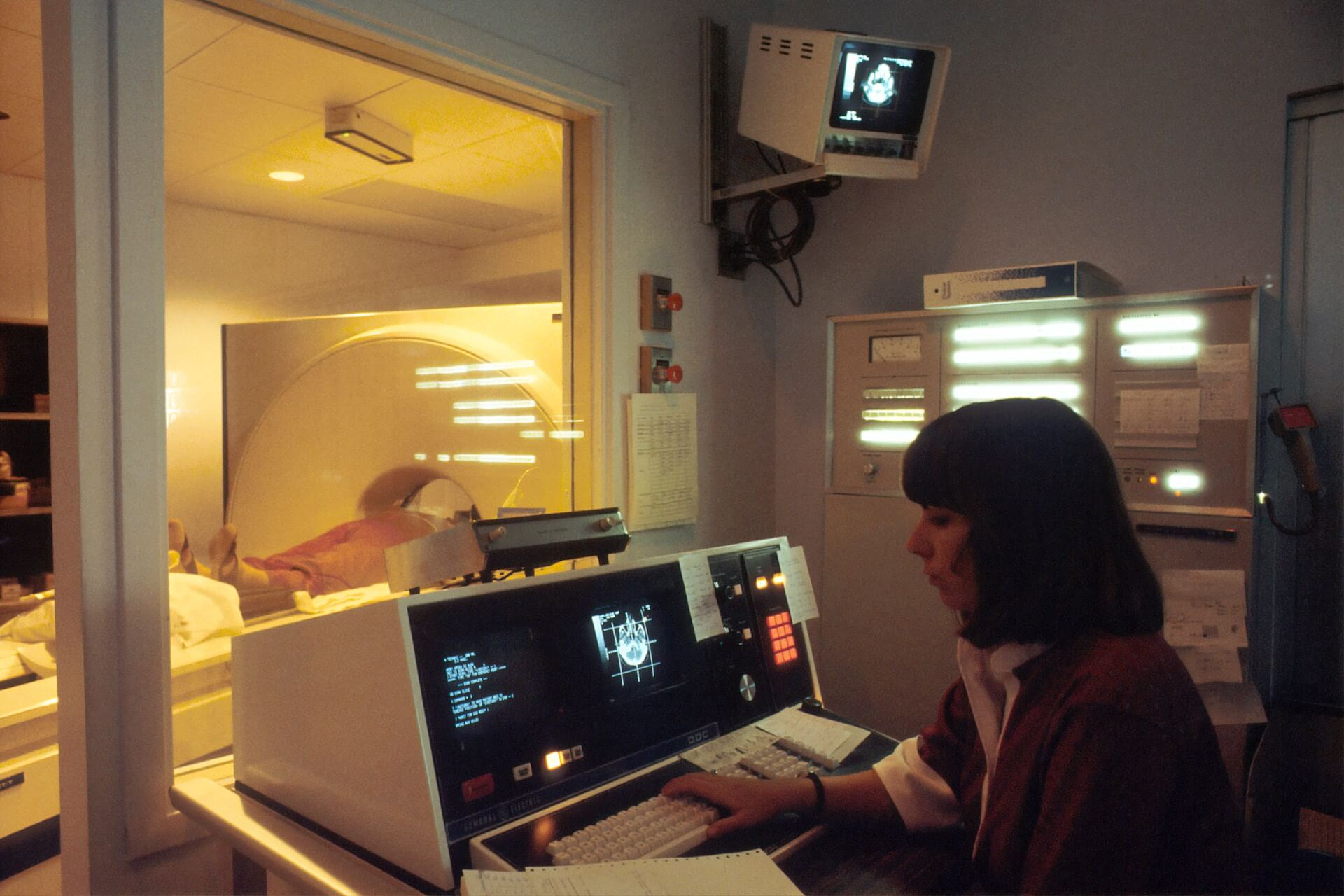Over the past few decades, medical technology has advanced enormously, and one of the standout innovations in the field of diagnostics is the Magnetic Resonance Imaging (MRI) scan. This non-invasive imaging technique has revolutionized the way medical professionals visualize the internal structures and organs of the human body. Here is a short guide detailing everything you need to know about MRI scans, from how the technology works and its applications to its benefits and potential risks.

How Does an MRI Work?
An MRI works on the principle of using strong magnetic fields and radiofrequency waves to generate images of internal organs and the body’s internal structures. Unlike X-rays or CT scans, which use ionizing radiation, MRI scans employ harmless magnetic fields and radiofrequency waves. When subjected to these fields, the protons within the body’s hydrogen atoms align themselves. As the radiofrequency waves are applied, the protons absorb energy, and when the waves are turned off, they release this energy in the form of signals. These signals are then transformed into detailed images using computer algorithms and captured by the MRI machine.
Applications of MRI Technology
MRI scans offer detailed visualization of soft tissues, which makes them an invaluable tool in diagnosing different types of medical conditions. From neurological disorders and musculoskeletal injuries to cardiovascular issues and cancer detection, the applications of MRI scans are vast. For instance, brain MRI scans can reveal anomalies like tumors, blood vessel abnormalities, and signs of neurodegenerative diseases. In orthopedics, MRI scans are vital for diagnosing joint issues, ligament tears, and bone infections. In addition, MRI plays a significant role in assessing organ health.
Preparation and Procedure
Before undergoing an MRI scan, patients may be asked to take off any metallic objects, change into a hospital gown, and complete a safety screening form. During the procedure, patients lie on a table that slides into an RI machine. It’s important to remain still during the scan to avoid blurring the images. Some scans may require the use of contrast dye to enhance the visibility of certain structures. Express MRI has clinics in Alabama and Georgia, and they employ experienced MRI technicians and qualified radiologists who are all board certified. If you have any concerns regarding the scan, always speak to a healthcare professional beforehand.
Benefits of MRI Scan
MRI scans are non-invasive in nature and do not require surgical intervention or the use of radiation, which means they do not pose a significant risk to patients. Moreover, MRI provides excellent image quality, which enables healthcare professionals to identify health concerns and create effective treatment plans. MRI scans can be used for different areas of the body and provide insight without the need for multiple scans.
Risks and Considerations
While MRI scans are generally considered safe, there are a few considerations to keep in mind. For instance, magnetic fields used in the procedure can interfere with metallic objects within the body. Patients with metallic implants should be carefully evaluated to ensure they are eligible for an MRI scan. Additionally, those with claustrophobia may find the narrow space within the machine disconcerting. Open MRI machines or the use of sedatives can help mitigate this issue.